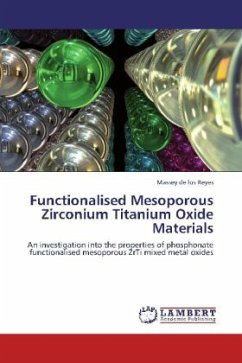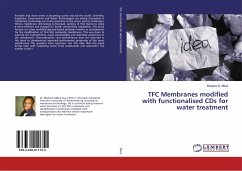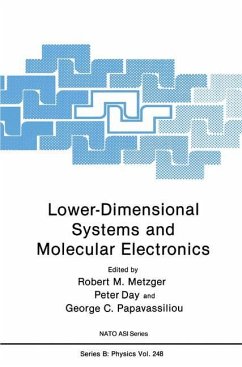The need of monitoring and controlling the concentration of heavy metal ions such as Pb(II) or Cd(II), which have toxic effects on all living organisms inspires chemists to synthesise more and more selective compounds able to recognize and to bind such metals. This book presents a review as well as the own researches on synthesis and binding abilities of calix[4]arene-derivatives, such as amides, hydroxamates and their thiocarbonyl analogues. The theoretical bases of the methods used to study ligand-cation interactions, such as 1H NMR spectroscopy, X-ray diffraction, liquid-liquid extraction, UV absorption spectrophotometry, potentiometry and microcalorimetry are described and followed by the own results and discussion. The last part of this book is ascribed to studies of ionophoric properties of calix[4]arene-thioamides and calix[4]arene-hydroxamates in ion-selective membrane electrodes. The results are followed by a short theoretical introduction to ion-selective electrodes. The description of the most important analytical methods used in supramolecular chemistry together with the data interpretation, may serve as a guide for those working in this field of chemistry.
Bitte wählen Sie Ihr Anliegen aus.
Rechnungen
Retourenschein anfordern
Bestellstatus
Storno

![Lower Rim Functionalised calix[4]arenes - Kulesza, Joanna;Boche ska, Maria;Hubscher-Bruder, Véronique Lower Rim Functionalised calix[4]arenes - Kulesza, Joanna;Boche ska, Maria;Hubscher-Bruder, Véronique](https://bilder.buecher.de/produkte/35/35506/35506986n.jpg)
![Lower rim calix[4]arene fluoroionophore for detection of ions Lower rim calix[4]arene fluoroionophore for detection of ions](https://bilder.buecher.de/produkte/42/42280/42280475m.jpg)
![Supramolecular Interaction of Calix[4]arenes & Amino Acids Supramolecular Interaction of Calix[4]arenes & Amino Acids](https://bilder.buecher.de/produkte/45/45656/45656737n.jpg)


![Functionalised calix[4]arene fluoroionophore for detection of ions Functionalised calix[4]arene fluoroionophore for detection of ions](https://bilder.buecher.de/produkte/42/42061/42061841m.jpg)

